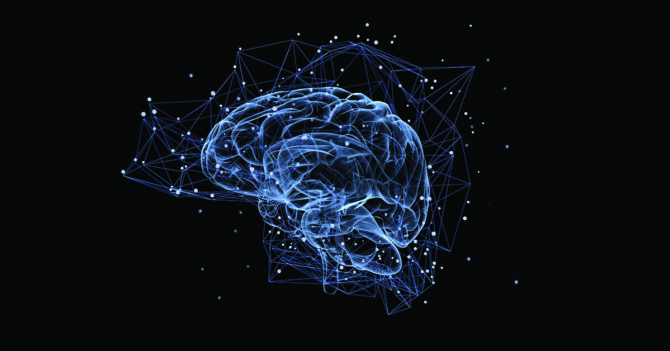
There have been a number of articles in the national press recently concerning hearing and the importance of hearing tests.
One recent example, by journalist Hattie Crisell writing in The Times, titled “I’m 39 and I’ve just been for a hearing test,” opens by saying;
“For those of us in our thirties, there can be an awful lot of appointments to keep track of. There’s the dentist, the hygienist (and should I be getting my teeth whitened?), the awkward gynaecological meetings, the gym classes, the eye tests, the hair appointments and, for better-groomed women than me, the hair removal, pedicure and tanning commitments. But hearing tests? Those, I thought, were not something my age group needed to worry about.
“That’s until I saw the statement from the scientist Sarah Bauermeister released by Alzheimer’s Research UK this week. Those with hearing problems should be addressing them as early as possible to lower their risk of cognitive decline, she said, and it should be “normalised to have a hearing check whether you’re 30 or 40.”
You can access the whole article HERE.
An Audiologist Replies
We are often asked to comment on such articles and certainly like to encourage good journalism in the space. Here, from The Times website, is our reply to Hattie’s article:
“Thanks, Hattie for writing about this subject which should be highlighted and we should all be conscious of the importance of regular hearing checks.
“There are many reasons why this is important to support our overall well-being. Sound and hearing are inextricably linked as is listening and brain health. Sound is under-recognised and hearing under-appreciated.
“Our sense of hearing is always “on”. We cannot close our ears as we can our eyes. But more than any other sense we are able to ignore sounds that are unimportant, to regulate them to the back of our consciousness. Hearing is our primary means of communication and so is at the very core of our existence as interconnections humans. Surprisingly our sense of hearing is often taken for granted.
“Sound perception alters how our brains learn and function and react. Our hearing brain is vast and is shaped by our individual experiences and until recently we have relied on an oversimplified explanation of how this all interrelates.
“Reduced hearing increases the amount of effort we expect our brain to invest in interpreting what we are hearing and how we might react to it. This listening effort isn’t an unlimited resource so something has to give.
“After 46 years delivering clinical care, the message hasn’t changed much, go seek advice from a decent audiologist. We know it’s important to have our eyes and teeth checked, add your hearing to the list.”
If you like to make an appointment to see one of our award-winning team of audiologists please CLICK HERE.